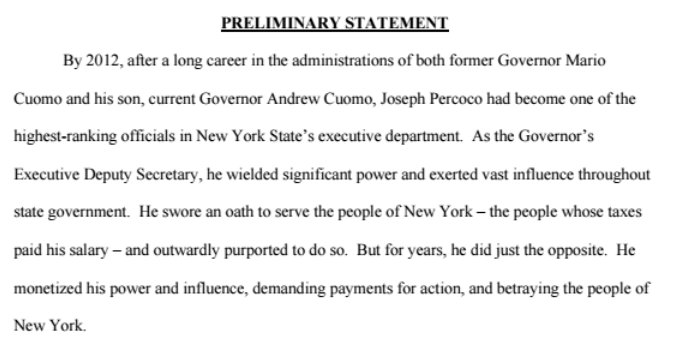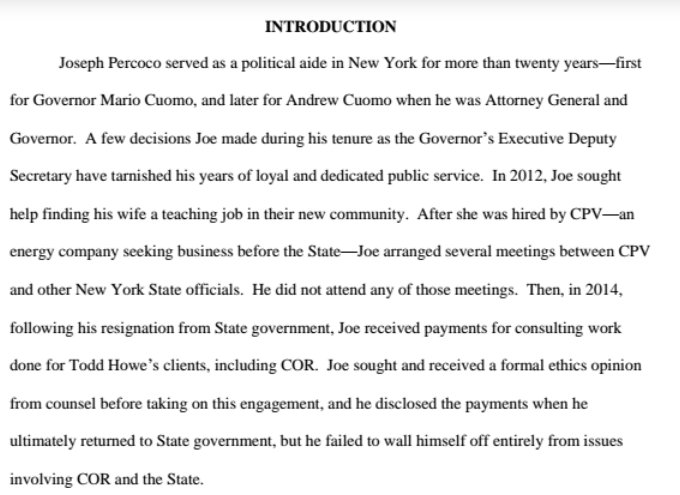How do you deal with this, both behind the scenes and in public. Are there good strategies?
It may also be dangerous to label a work as “own voices” - this is a difficult decision.
Do what you can to ensure that people who have been hurt are heard.
Representation is a craft issue, and can be studied, addressed, and improved.
If you don’t, at best you are arguing with people on the internet.
You don’t want to run away from the discussion, but you also don’t want people who agree with the original problematic tweet (or continue hurting people).
Why am I doing the right thing but people are mad at me? Well, that’s life sometimes.
Audience member: Yeah, if it were a stranger I would have paid. But this is part of a group that exchanges stories anyway.
In an established relationship where you’re reading each other’s stories, that’s probably fine.
You can always put on twitter that you’re looking for a paid sensitivity reader for a topic. (Research rates first!)
We give older books passes. Tolkien was a racist, and he wrote amazing things. We need to acknowledge this.
Heinlein was a product of the same time as Ursula Le Guin, who later acknowledged her problematic times.
People can learn and change.




